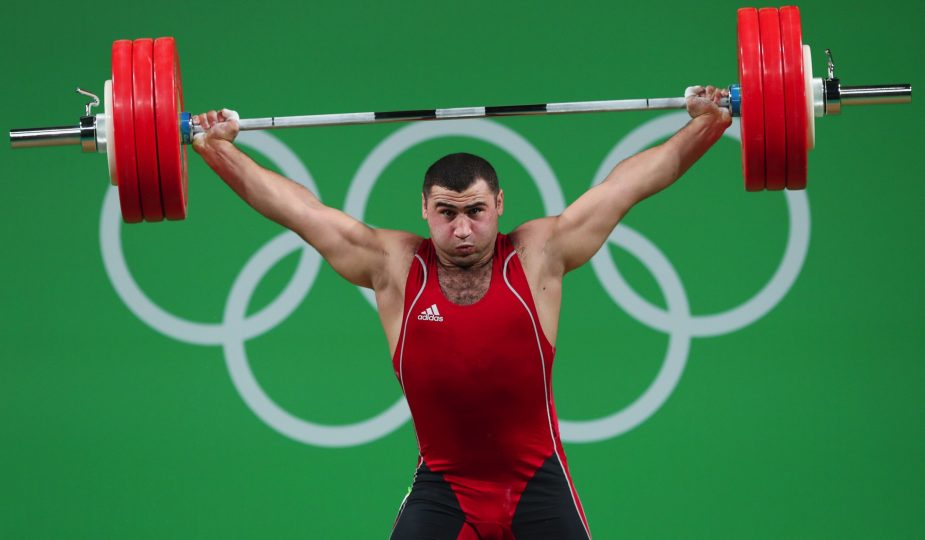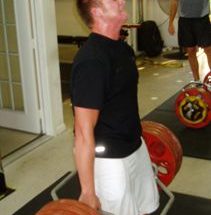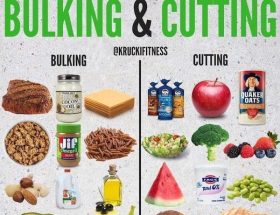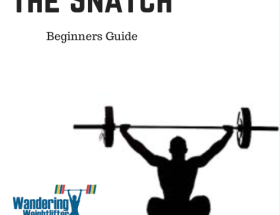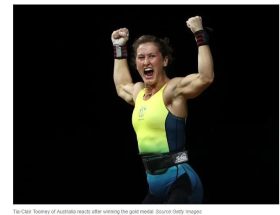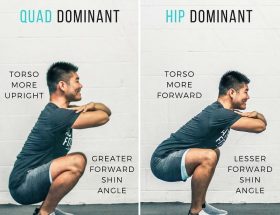Participating in an Olympic weightlifting competition requires dedication, discipline, and strategic preparation. Athletes spend months, even years, honing their skills, building strength, and perfecting their technique to stand a chance at winning a coveted medal. In this article, we will delve into the necessary steps athletes must take to prepare for Olympic weightlifting competitions.
Setting Goals
Before diving into the grueling training regimen, it is crucial for athletes to set realistic goals. Whether it’s aiming for a personal record (PR) or qualifying for the Olympics, having a target in mind helps focus training efforts. By setting specific goals, athletes can map out their training plans and track progress throughout the preparation process.
Training Regimen
The training regimen for Olympic weightlifting competitions is both intense and comprehensive. Athletes typically undergo a combination of strength training, technique drills, and cardiovascular exercises to enhance their physical abilities. The training program often includes exercises like squats, deadlifts, power cleans, snatches, and overhead presses.
Coordinated by professional coaches, training sessions are designed to gradually increase an athlete’s strength, explosive power, and flexibility. These sessions focus on mastering the intricacies of various lifts, developing speed and quickness, and improving overall body coordination.
Diet and Nutrition
Proper nutrition plays a vital role in an athlete’s performance during Olympic weightlifting competitions. Fueling the body with the right nutrients and maintaining a balanced diet is crucial for providing the energy needed to endure intense training sessions and competitions.
Athletes must consume a diet rich in lean proteins, such as chicken, fish, and tofu, to support muscle growth and recovery. Additionally, carbohydrates from whole grains, fruits, and vegetables provide the necessary fuel for training sessions. Healthy fats, like avocados and nuts, aid in hormone production and joint health.
Hydration is also a key factor in an athlete’s diet. Staying properly hydrated ensures optimal performance and helps prevent muscle fatigue and cramps.
Rest and Recovery
While rigorous training is a key component of preparation, adequate rest and recovery are equally important. Weightlifters put immense strain on their bodies during training, and without proper rest, injuries and overtraining can occur.
Getting enough sleep, typically seven to nine hours per night, is crucial for muscle repair and growth. Additionally, athletes should incorporate active recovery techniques like foam rolling, stretching, and massage therapy into their routines. These practices help reduce muscle soreness, enhance flexibility, and prevent injuries.
Competition Simulation
A crucial aspect of preparation for Olympic weightlifting competitions is participating in competition simulations. These practice sessions allow athletes to become familiar with the atmosphere, adrenaline rush, and time constraints of a real competition.
During these simulations, athletes perform their lifts under conditions that closely mimic those of an actual competition, including adhering to proper warm-up protocols, wearing the required lifting attire, and adhering to timing restrictions.
By simulating competition scenarios, weightlifters can identify any weaknesses or areas that require improvement. It also helps athletes develop mental fortitude, allowing them to remain focused and composed during actual competitions.
Mental Preparation
In addition to physical training, Olympic weightlifters must also prepare themselves mentally for competitions. The mental aspect of weightlifting is just as crucial as the physical component. Athletes need to develop mental toughness, concentration, and the ability to block out distractions.
Various strategies can aid in mental preparation, such as visualization, where athletes mentally rehearse their lifts, envisioning themselves executing perfect and successful movements. Breathing exercises, mindfulness practices, and positive self-talk also help athletes maintain focus and alleviate performance anxiety.
Conclusion
Preparing for Olympic weightlifting competitions goes beyond simply building physical strength and technique. It requires a holistic approach that incorporates goal setting, meticulous training, proper nutrition, rest and recovery, competition simulations, and mental preparation. By diligently following these steps, athletes can ensure they are in the best possible shape to compete at the highest level and achieve their desired results in Olympic weightlifting competitions.
